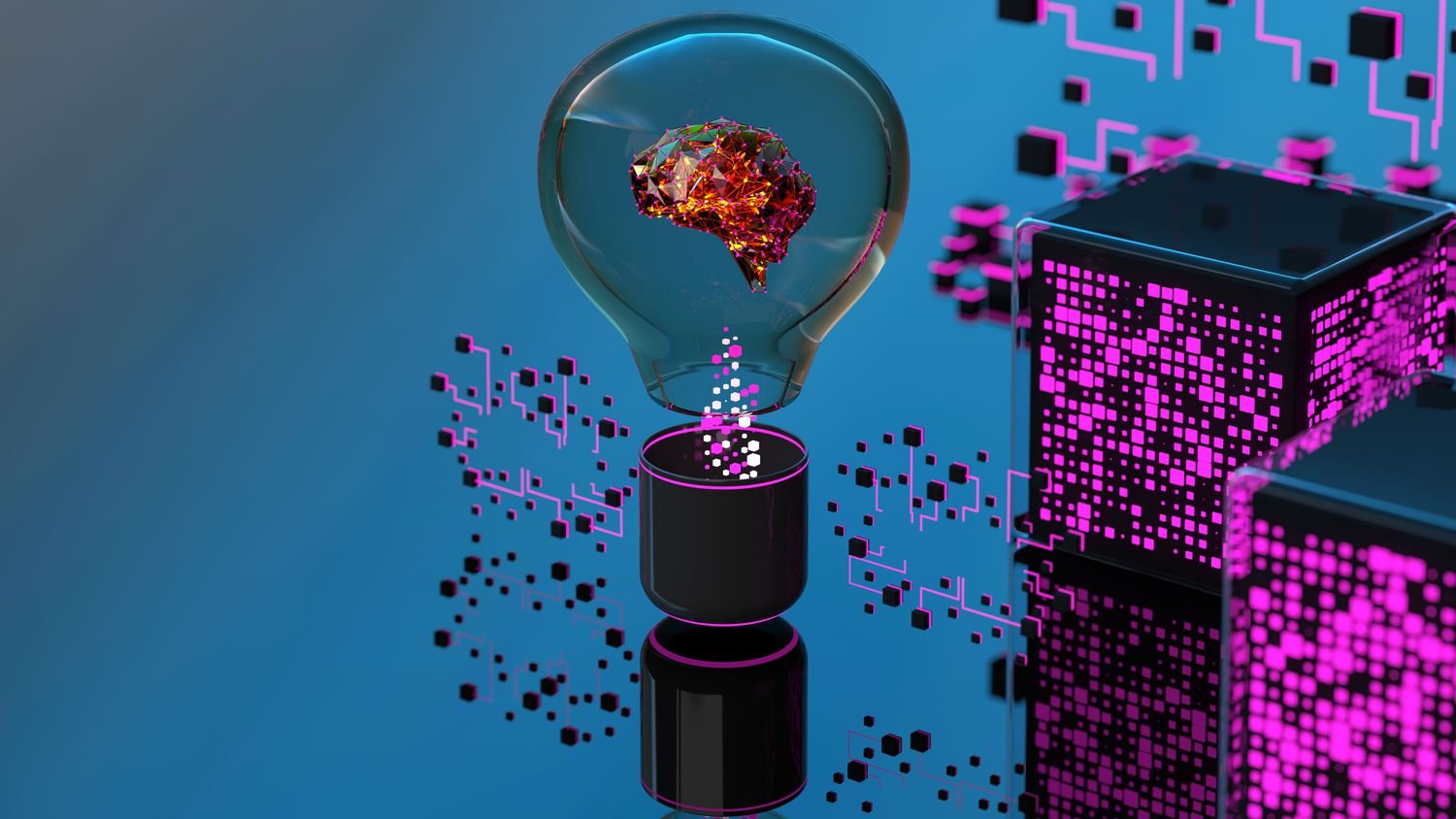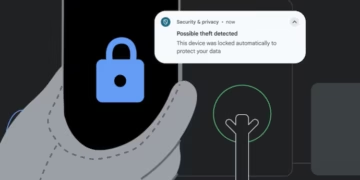Overview
The rise of quantum computing brings massive potential, but it also threatens the foundations of modern cryptography. People in the field talk about “Q-Day”—that’s the day a quantum computer powerful enough to break today’s encryption finally arrives.
If that happens, it could jeopardize everything from private messages to national security secrets, banking networks, and honestly, anything that relies on digital secrecy. It’s a bit unsettling to think about how much of our world depends on encryption that might just become useless overnight.
Classical computers use bits—just 0s and 1s—to crunch numbers. They’re great at a lot of things, but they really struggle with some math problems, like factoring huge prime numbers.
Encryption algorithms like RSA actually rely on this slowness. RSA creates public and private keys, letting people send encrypted messages that classical computers can’t break, at least not in any reasonable amount of time.
But quantum computers play by different rules. They use qubits, which can be in multiple states at once, and that lets them tackle certain problems way faster.
With algorithms like Shor’s Algorithm, quantum machines could, in theory, break RSA encryption by pulling private keys from public ones in a flash. That’s not just a technical detail—it’s a game-changer for digital security.

Key Differences Between Classical and Quantum Computing
| Aspect | Classical Computers | Quantum Computers |
|---|---|---|
| Data Representation | Bits (0 or 1) | Qubits (0, 1, or both simultaneously) |
| Processing Style | Sequential | Parallel, leveraging quantum superposition |
| Problem-Solving | Trial-and-error over extended durations | Simultaneous exploration of multiple possibilities |
That quantum advantage puts a lot of trusted protocols at risk. Elliptic-curve cryptography, DSA encryption, and other tools that protect government files, cryptocurrencies, and VPNs could all be vulnerable.
Random number generators for secure payments, smartcards for building access, and even blockchain could fall into the danger zone too. It’s honestly kind of wild to imagine how deep the ripple effects could go.
To fight back, the world’s racing to build quantum-resistant cryptography. Governments, tech giants, and researchers are collaborating to create post-quantum cryptography—algorithms that quantum computers aren’t expected to crack easily.
These new methods use things like lattice problems and complex mazes in many dimensions. They look promising, but rolling them out everywhere is a huge challenge, both technically and logistically.
Efforts Toward Quantum Development
The global race for quantum supremacy has sparked massive investment and research. Google, IBM, Microsoft, and entire countries—China, the EU, and more—are all pouring resources into quantum breakthroughs.
Back in 2019, Google’s 53-qubit processor finished a calculation in 200 seconds that would have taken a classical supercomputer thousands of years. But when it comes to breaking RSA and similar encryption, we’re probably still waiting for a machine with thousands or even millions of stable qubits. No one’s there yet.
Building those quantum beasts isn’t easy. Qubits are finicky—they lose their state if you even look at them funny. Engineers are experimenting with superconducting circuits, ion traps, and carbon nanostructures to keep them stable long enough to be useful.
At the same time, researchers are tinkering with quantum algorithms, hoping to make them work with fewer qubits. That could speed up progress and maybe, just maybe, get us closer to real-world quantum machines sooner than we think.
Implications for Privacy and Security
The arrival of Q-Day could shake up every corner of digital life where encryption matters. Privacy—in emails, bank transfers, or health records—might vanish overnight.
Cybersecurity infrastructure for everything from power grids to military systems could face serious threats. If someone with a quantum computer wanted to, they could expose secrets or cause chaos on a massive scale.
There’s also a sneakier risk. Someone with a powerful quantum machine could keep it under wraps, quietly intercepting data and manipulating markets in the background. That kind of invisible threat is honestly pretty unnerving.

Or, if they wanted to make a splash, they could launch huge attacks all at once, targeting major institutions and causing widespread panic. I wish that sounded more like science fiction.
Preparing for a Post-Q-Day World
These risks aren’t lost on anyone paying attention. Organizations like the National Institute of Standards and Technology (NIST) are leading efforts to create and standardize encryption that can stand up to quantum attacks.
Quantum-resistant cryptography is crucial, but swapping out all the world’s existing systems is a mammoth task. Most of what we use was built with classical encryption in mind, so the transition won’t happen overnight.
Frequently Asked Questions

When will quantum computing become widely used?
Quantum computers are still experimental, though progress happens every year. Some folks think it’ll be several more years before we see them in everyday tech and industries.
How might quantum computing impact digital security?
Quantum computers can solve the math problems behind current encryption way faster than classical machines. That could make today’s data protection pretty much useless—people call it the “quantum apocalypse.” Work on post-quantum cryptography is already underway to get ahead of this.
What advancements has NASA achieved in quantum technology?
NASA’s using quantum computing to boost research in space exploration and complex system modeling. They’re working on better simulations and mission planning, but the details really depend on which projects are active right now.

Is the movie Quantum Apocalypse available to stream?
You might find Quantum Apocalypse on movie streaming sites or digital rental platforms. It’s worth checking the big names first to see if it’s there.
Could quantum computers influence climate forecasting?
Quantum computers could make weather models way more accurate by crunching massive amounts of meteorological data. Better forecasts might follow, thanks to more detailed simulations of complicated weather systems.
How does quantum computing alter today’s encryption?
Modern encryption counts on computational tasks that stump classical computers. Quantum systems, though, can handle these tasks more easily.
That’s got a lot of people worried about the safety of sensitive information. Researchers are now hustling to protect systems with quantum-resistant algorithms.














































